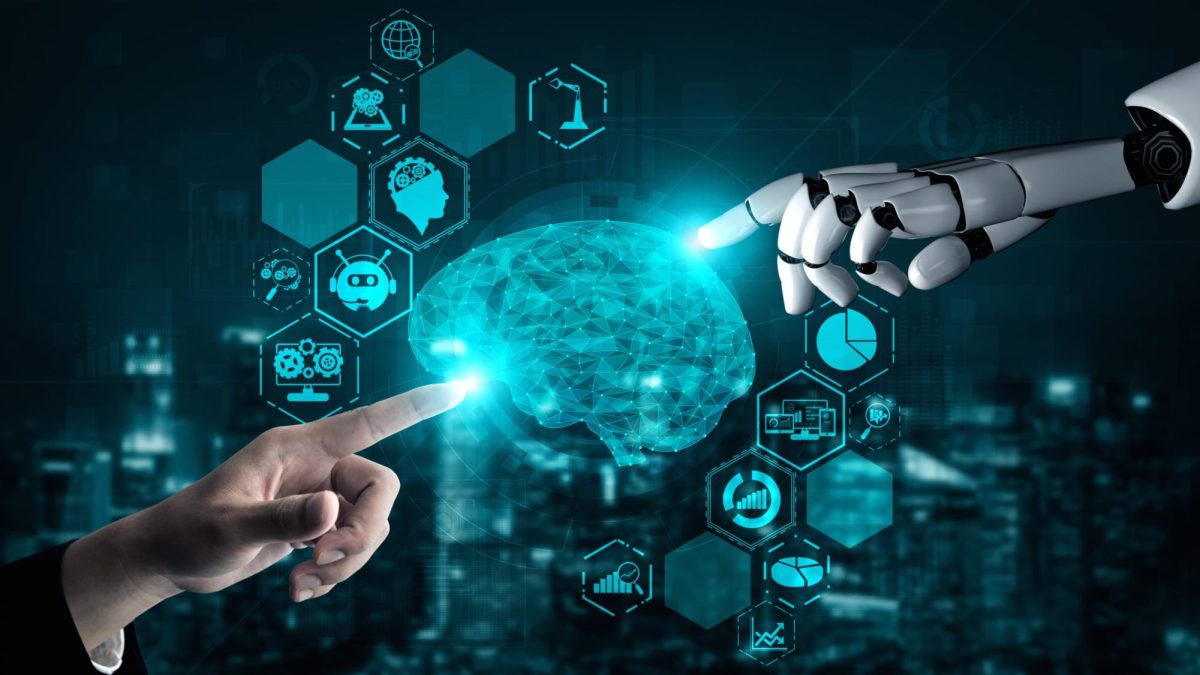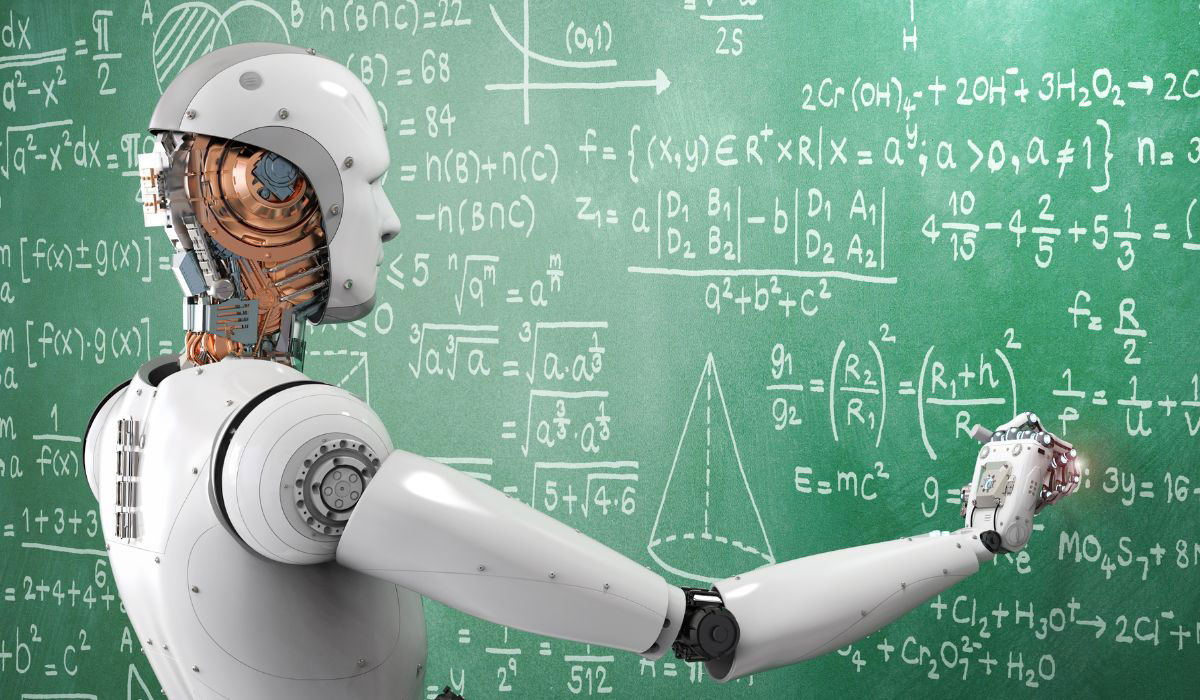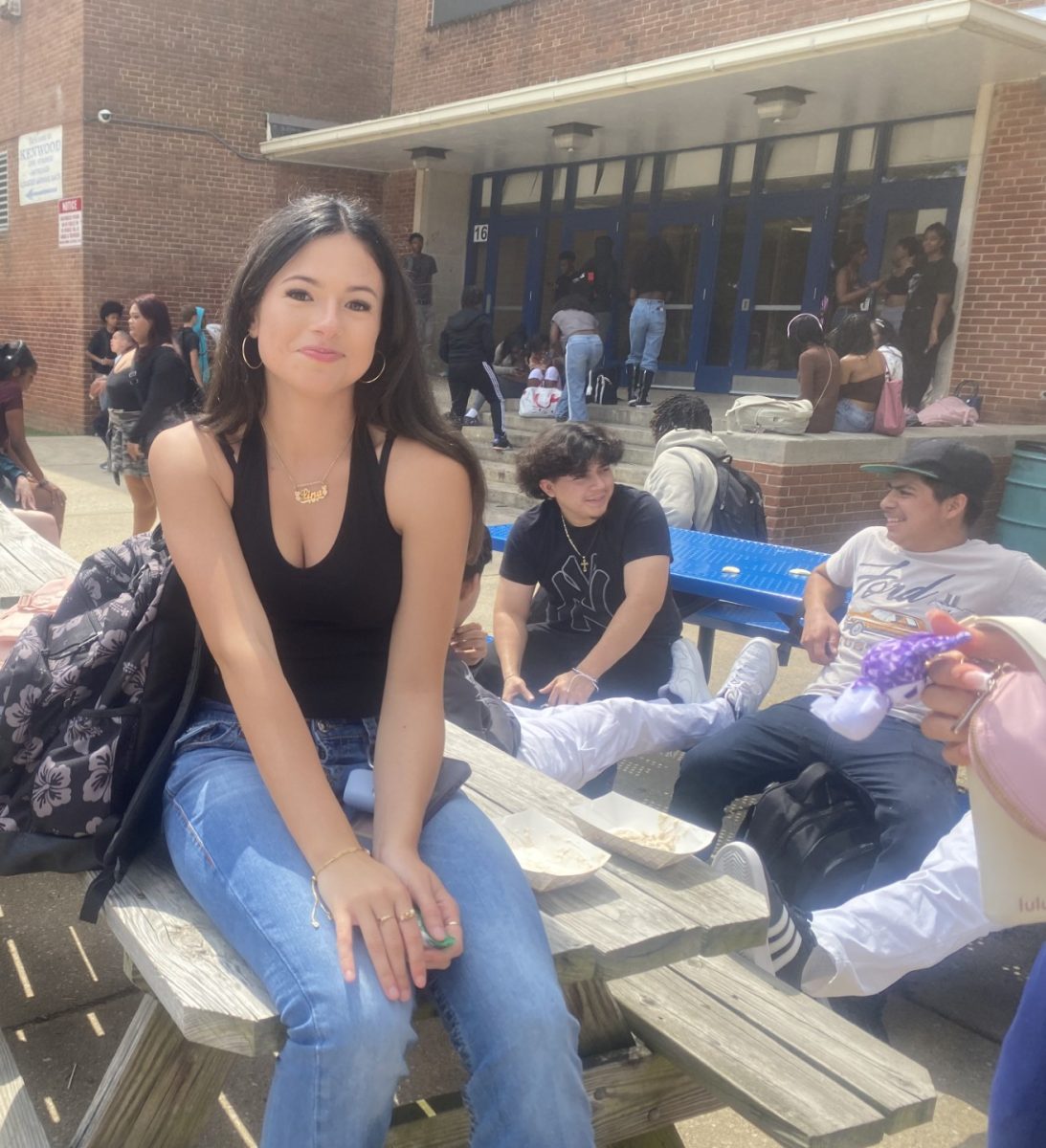Artificial Intelligence, or AI, refers to the intelligence of machines, enabling them to think and learn like humans. AI has exploded in recent years, with popular sites and applications like ChatGPT and Google’s Gemini attracting millions of active users.
The impact of AI on education is a hot topic. Currently, 46% of high school students are using AI tools in their classrooms. This has led many teachers and parents to wonder about the future of AI in school systems. One teacher voiced concerns, saying, “I hate how it makes me question any good solid assignment a student turns in. I constantly question what they really know verse what AI told them to write.”
Despite concerns, some schools, including Baltimore County Public Schools, have launched AI programs as part of their Career and Technical Education (CTE) offerings. A survey conducted by EducationWeek found that 56% of educators expect to see an increase in AI integration within schools in the coming years. However, the exact nature of this integration is uncertain- will it empower students to effectively use AI as a learning aid, or will it lead to excessive dependence and a decline in critical thinking skills?
This uncertainty raises concerns about the future role of human writers and educators if robots can simply produce the required content. English teacher Ms. Glenn expressed the potential risks of relying too heavily on AI. “If we allow AI to do all of our critical thinking for us, we’re leaving education behind us, missing a critical part of learning to function further in life,” she commented.
However, not all stakeholders are on board with the integration of AI in education. Some school districts, like those in New York City, Seattle, and Los Angeles, have issued full bans on AI usage in schools, citing concerns about cheating and its impact on traditional learning methods.
Nevertheless, some students see AI as a valuable addition to their education. One student from Kenwood stated, “I think it’s a good idea to allow the use of AI in school to help us.” Another student expressed a desire to see AI in more schools, emphasizing its potential as a supportive tool rather than a means to cheat.
As AI continues to advance and become more prevalent, it’s crucial to consider its role in education. Will AI enhance learning or hinder traditional teaching methods? This ongoing debate highlights the need for careful consideration as schools navigate the integration of AI in the classroom.






